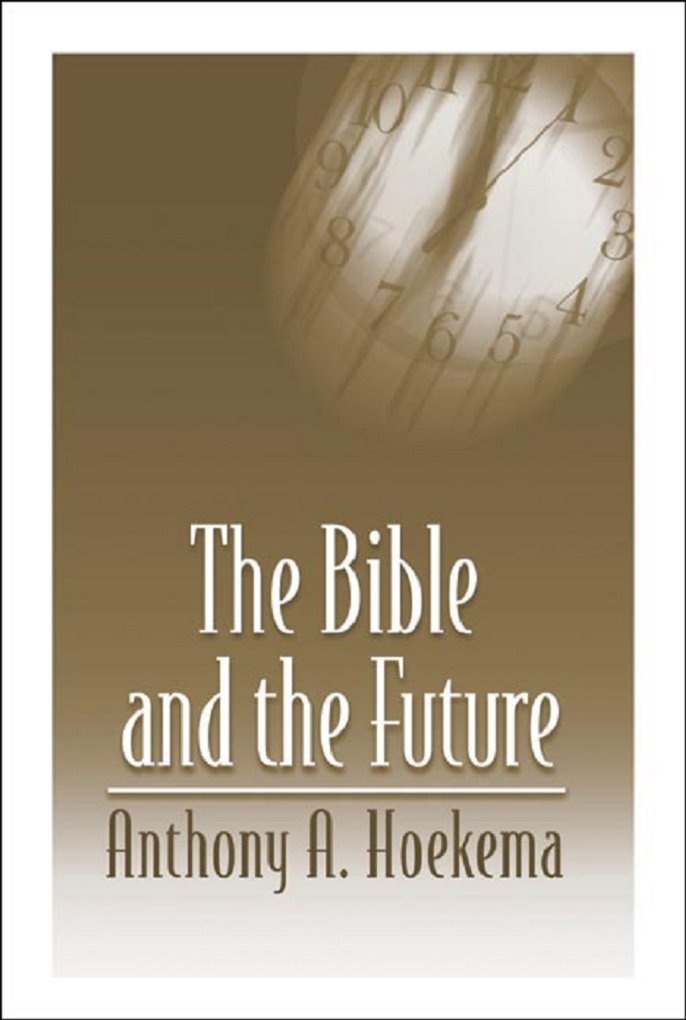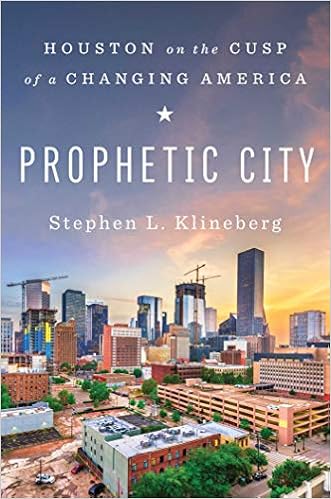As I reflect on the books I read in 2020, here are my best books:
Best Christian Life Book – Gentle and Lowly by Dane Ortlund. It won’t be surprising to me if this book becomes a classic. It is that wonderful. Ortlund looks to Puritan pastors who, in reflecting on the Scripture, attempt to remind followers of Jesus how much they are truly cared for by Christ in the gospel, especially as it relates to those who fear God’s displeasure toward them in their sinning. This isn’t so much a book about the head but the heart. It’s a feel-good book without the cheap tricks of sentimentalism or emotional manipulation. On the contrary, this is a beautifully written book that often brought me to tears by the sheer goodness of the gospel for us. If you’ve ever struggled with your own sin and the sense of God’s love for you, this is your book. If you haven’t, this is your book. Dane, by far, has written one of the best Christian books in the past decade. There aren’t any wasted words. There aren’t silly digressions. There’s only gospel goodness for those that need it. Don’t walk, run to grab this book!
Runner Up: Compassion (&) Conviction: The AND Campaign’s Guide to Faithful Civic Engagement by Justin Giboney, Michael Wear, and Chris Butler (finally, someone who at least gets the nuance and tension of civic engagement while attempting to be biblically faithful)
Best Biblical Studies/Theology Book – The Bible and The Future by Anthony Hoekema. To be fair, this is the second time I’ve read Hoekema’s work. The first time was about twenty years ago. While in seminary in the 90’s, I was between classes when a buddy stopped me to ask about my end times views. After I confirmed his assumptions about my eschatological stance, he bet me that I might change my position if I would read a specific chapter in The Bible and The Future. I thought the challenge was almost humorous: My theological view shifting by the mere reading of one chapter in some guy’s book I never heard of? Hardly! Later that day I went to the seminary bookstore, found Hoekema’s book, read the chapter in question (I stayed in the aisle for quite a while), and left saying, “That’s it, I’m changing my view!” It was that biblically convincing. A couple of years after coming to Houston I purchased The Bible and The Future to read in its entirety only to find the rest of the book just as convincing. The reason it’s in my 2020 list is because I pulled the book back out in which to lead a seven-week class. I was reminded, once again, why I think it’s the best eschatological book I’ve read. Hoekema is eminently biblical with clear, understandable exegesis. He takes a subject that believers are interested in but scared of, and removes the sensationalism and confusion that often attends this topic (especially those who grow up in Southern evangelicalism), to give readers a well-rounded, holistic understanding of the end times. It’s written at the academic level but well worth the challenge of reading.

Best Fiction (Classic) – East of Eden by George Steinbeck. I’ve made classics a part of my reading calendar because I feel like I’m old (and experienced in life) enough to appreciate their greatness. This was true of my rereading Moby Dick in 2018 and reading East of Eden for the first time in 2020. This tale is Steinbeck’s take on the biblical story of Cain and Abel. I knew this going in and wondered if the novel would be some formulaic, unoriginal handling of the Genesis 4 account. It was nothing of the sort! The writing is brilliant in its descriptions not only of the environs but of the interior of the human heart. This is a story about yearning for love and what life is like when it’s not given. It’s about the will of a person and the ability to chart a course for good when one struggles wondering if theirs isn’t already predetermined for bad. I couldn’t put this book down and am so grateful for reading it when I did. I have only one thing to say in conclusion: Timshel!
Runner Up: Don Quixote by Miguel de Cervantes (Hilarious and amazingly modern in its feel…and to think it’s regarded as the first ‘modern’ [and greatest] novel, though written in the early 1600’s)
Best Fiction (Modern) – Butcher’s Crossing by John Williams. This is a Western that’s not a Western. Some might call it an anti-Western for how it treats the story of William Andrews, a young man who leaves Harvard to explore the 1870’s American West as the era buffalo hunting is coming to an end. However, it’s not an anti-Western; on the contrary, Williams sought to take a classic romantic Western but write it as serious literature. Similar to Larry McMurtry’s attempt (and his admitted glorious failure) to subvert the myth and legend of Texas in Lonesome Dove, Williams in Butcher’s Crossing has his starry-eyed protagonist experience a very unsentimental West. There is no good guy/bad guy theme with a showdown at the end. This novel seeks to dwell upon deeper things. Butcher’s Crossing is very much about nature (Williams’ power for describing the wasted plains of Kansas and the challenging mountains of Colorado is superbly done), its spiritual effect on bookish and naive youth who daydream of glorious reckonings from afar, and how that all may very well change when one is actually in the frontier and removed from safety of the city. Oakley Hall, author of of the Pulitzer Prize nominated Warlock (another wonderful literature-as-Western I read in 2020) called Butcher’s Crossing “the finest western ever written.” Personally, while I think that prize goes to Cormac McCarthy’s Blood Meridian, Butcher’s Crossing is a true work of literature and one of the finest books about the West I too have ever read.
Runner Up: The Topeka School by Ben Lerner (the journey of a nation as seen through a teenager’s manipulative power of speech)
Best Nonfiction – Prophetic City by Stephen L. Klineberg. Professor Klineberg is a sociologist at Rice and has headed an annual demographic study of Houston for the last 38 years. This book is the culmination of that longitudinal study and the data-driven conclusions it makes. Prophetic City is at times distressing, hopeful, and exciting depending on what issue is being addressed. However one comes away from Klineberg and his conclusions (some might argue his personal progressive convictions bias some of his appplications), Houstonians should be incredibly grateful for the gift of almost 40 years of data which reveals a fairly clear trajectory of the city which they love. Prophetic City likely won’t win any literature awards, but as a pastor who has lived in the Houston area for more than 22 years and wants to see the best for the city, I’m incredibly indebted to Professor Klineberg’s work. It makes me love H-Town all the more!




